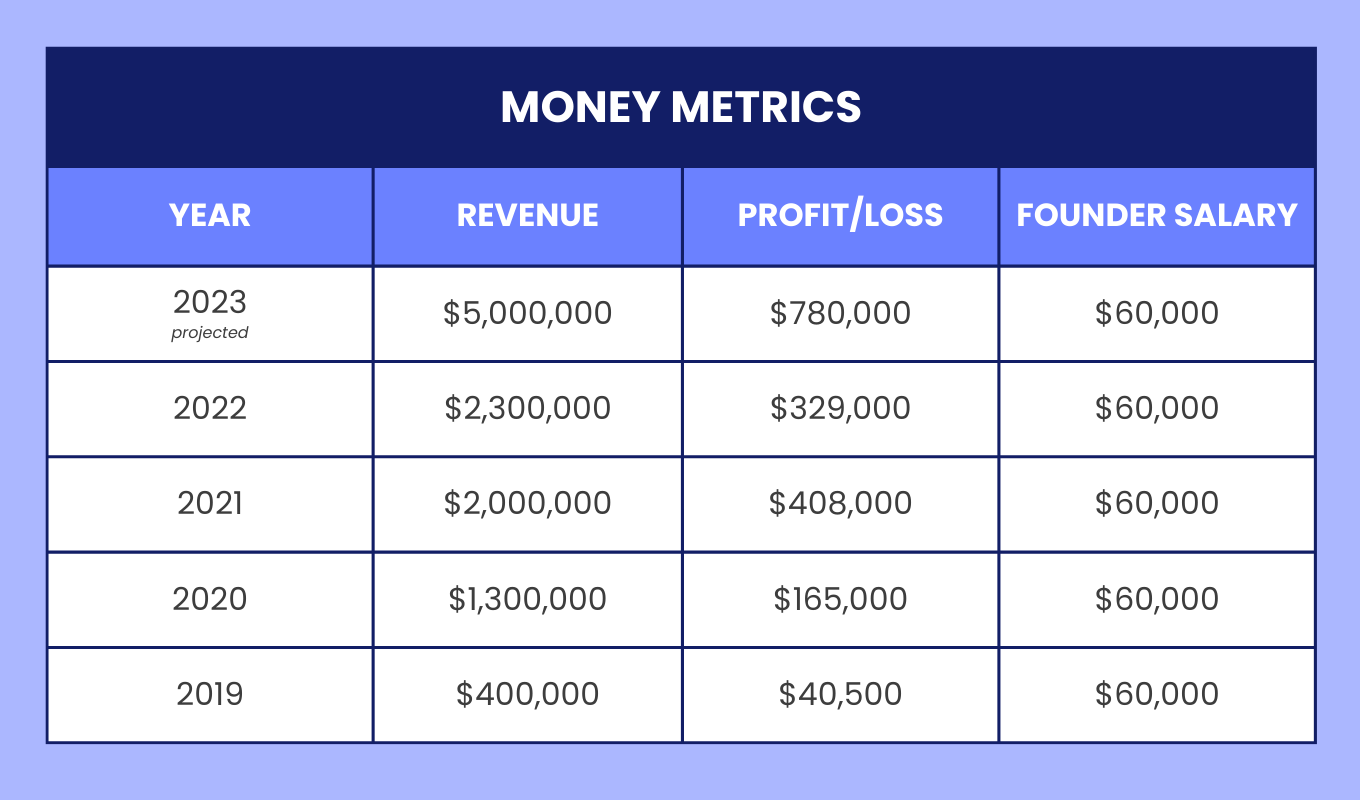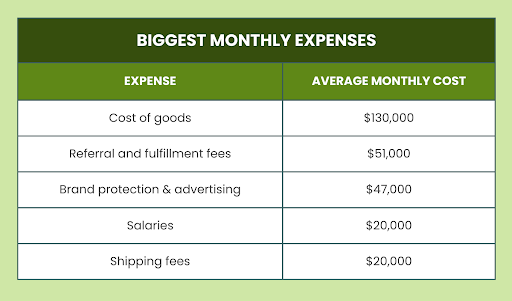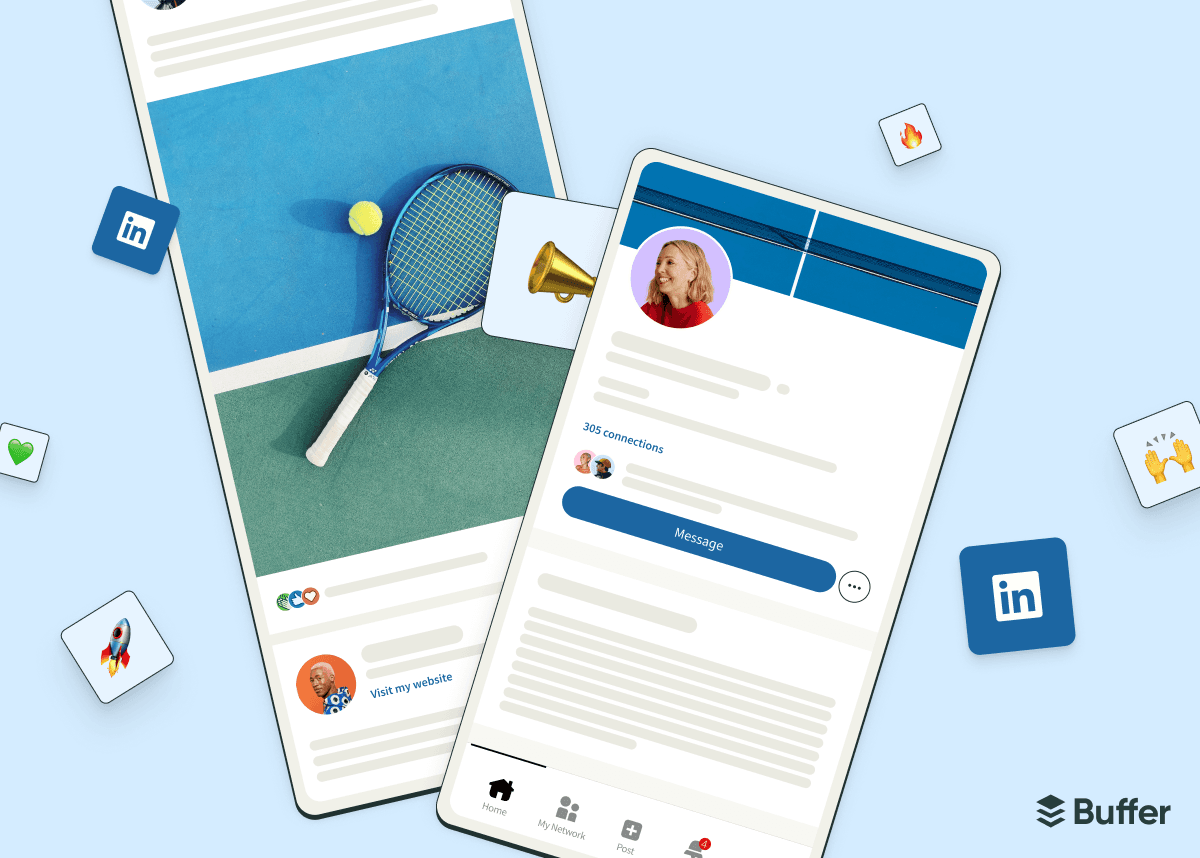Lisa Lane never had big plans to be an inventor, or even an entrepreneur. That was until an “aha” moment hit her in the shower.
She was cleaning her shower the slow way, by filling a cup over and over to rinse it. It was messy and time-consuming, and she thought, there has got to be a better way. She had no clue where to start—she knew nothing about how to create a product or how to bring one to market, but she knew that her idea was one for the masses. Potentially anyone with a shower could find a use for this product, and that was a huge number.
She decided to work on her idea part-time in the evenings after getting home from her sales job in pharmaceuticals. After two years of research, her gut told her she’d rather try and fail than not bring the product to life. So, she quit her job, invested some of her hard-earned money, and the Rinseroo, an innovative tool that turns any shower into a hose, was born.
Today, nearly five years later, Lisa has turned her shower idea into a $5-million invention empire, with two other household products added to her line and hundreds of thousands of units sold.
Here, she shares the investments and lessons that have helped her successfully grow a product business, even without experience.

Years in business: 4 years, 7 months
Number of employees: 1 full-time, 3 contractors
Location: Central New Jersey, with remote teammates in NYC, Florida, and Pennsylvania
Initial capital invested: $45,000
Financial support for business: None
Revenue streams: Sales of the Rinseroo, LeakLocks, and the Dust Daisy online, including via Rinseroo.com, Amazon.com, Lowes.com, Chewy.com, and Walmart.com

Growth Journey
What’s been your proudest financial achievement as a business owner?
My proudest financial achievement was when I was busy enough to need an additional full-time employee and was able to hire my son to work by my side. He had just graduated college and it was during the pandemic when new grads were having a tough time getting jobs. It was all just perfect timing.
We make a great team. I used to be a pharmaceutical sales rep so I was decent at sales and marketing, and he was great with all the business stuff such as spreadsheets, shipping, and unloading trucks (something he loves doing—me, not so much!). I love seeing his face every day and knowing that, no matter what comes of the business, he has gained a wealth of experience that he can take with him wherever he goes.
What have you found is worth paying for to help you grow, and what have you been able to achieve more scrappily?
When selling online, if you have a successful product, others will try to copy your idea. Within months of launching our first product, fake and inferior versions popped up all over the place. They were even using images of me in their ads—it was infuriating. Thankfully, I had invested in getting a utility patent, trademarks, and copyrights to protect my brand. I also pay monthly to protect my brand using RedPoints. They scour the internet in search of imposters and have them removed, which has definitely been worth the investment. If you don’t protect your brand, the copycats will win and devalue all that you worked so hard to achieve. It becomes a race to the bottom.
On the scrappy side, rather than investing in additional full-time employees, I have hired a few part-time contractors who are experts at what they do. While my son and I could run everything ourselves, we would get very little rest and probably wouldn’t do a great job. To be successful as an ecommerce brand, you have to remember you’re not the best at everything. Working with contractors allows us to work with very talented people in areas we don’t know as much about (social media, inventory planning, etc,), at a fraction of the full-time cost and only as-needed.
How do you decide how much to pay yourself versus invest back in the business?
My husband works full-time, which makes it easier to pay myself a low salary. I typically pay myself $60,000 a year, plus bonuses. My son gets bonuses based on sales increase over the prior quarter. I give myself bonuses randomly during the year when I have extra funds in the checking account (after projecting the businesses’ needs for the upcoming quarter). My net profit is usually my bonus.
I like to do it that way because I never know how much capital I'll need as I scale. I prefer to be cash-heavy rather than cut it close. Expenses can add up quickly and, generally, we pay our biggest bills via online transfer so I cannot have debt or take a month or two to pay up.
Scaling is tough, and the key is to always have the capital to make it possible. I think that is where most entrepreneurs get it wrong. I don’t spend what I don’t have, and I always ensure we keep a substantial buffer in our accounts.
What specific strategies or marketing techniques did you employ to attract your first customers or clients?
As soon as I had a sellable product in hand, I reached out to The Grommet, a website that vets up-and-coming products and helps promote them to their large network of customers for free. At the time, if they liked the product, they would even place a purchase order to sell it directly.
I applied and the Rinseroo got accepted as a “Discover What’s Next” product. After that, BuzzFeed also caught wind and promoted it across their network. This buzz helped us gain traction on Amazon much more quickly than I anticipated—searches converted to sales, and we immediately ranked on Amazon.
To this day, I use the HARO (Help a Reporter Out) newsletter to keep an eye for relevant requests for pitches and respond to journalists. I’ve gotten a lot of great free press that way!
What are some of your most impactful growth strategies now?
I have learned that you can’t put all of your eggs in one basket. Amazon has been huge for us, but they are sort of like the Wizard of Oz in the sense that you don’t really know how things work behind the scenes and you never know what they’re going to do next. I am constantly in search of new sales channels and ready to pivot if Amazon makes a change that affects our sales.
Looking to the future, I feel that TikTok Shop is a great way to expand my business. They are on a mission to compete with Amazon and are doing everything in their power to help promote small businesses with products to sell. The beauty of creating videos on TikTok is that their customers love to see a product in action and being used by a "normal" person who they can relate to, so I focus on the problem-solving features of our products. They can also ask us questions directly, which also helps convert into sales. So far, this has been an excellent place for us to find new customers in an affordable way. Whether it remains affordable or not, we shall see.
@rinseroo A Rinseroo tub hose is a slip on hose that helps you rinse, clean or bathe in a tub! Bye bye cup baths! #rinseroo #bathtime #bathessentials #bathbomb #bathtub #bathtok #bathhack ♬ Au Revoir - Sweet After Tears
What’s a turning point that really impacted how you thought about your business or approached growth?
Starting out, I really had no idea how important finding the right manufacturer was if you plan to scale and add line extensions. I had a manufacturer when I started that we thought was working well for our needs—until we were introduced to one who would take our business to the next level.
Around that time, I was invited to be on a pilot TV show for a twist on Shark Tank. Unfortunately, the show never aired but it wasn’t a total loss—I made a great contact while filming who introduced me to his manufacturer. I took the meeting on a whim and, after seeing how much communication and support they offered compared to our existing manufacturer, decided to make the switch.
It was a game-changing decision and one that I am beyond happy that I made. Looking back, much of my success is because of working with them. Our local rep has a background in product development, and we meet on a weekly basis to strategize and talk about how things are going. We didn't have that layer of communication before, and it’s really helped catapult our product development.
I wish we had explored more options and talked to other brand owners about their recommendations from the start but, thankfully, fate worked things out for us!
What have been the greatest growth or money challenges you’ve experienced? How have you worked through them?
The greatest growth challenge I had was hanging on to the idea that we could continue to grow and ship out of our garage. We reached the point where we were unloading 40-foot containers on our own or with the help of friends straight into our garage. If you have ever unloaded a container, you know that they are deep and hot and not fun to unload.
We survived doing that for three years. It eventually got to the point where we dreaded the thought of a truck pulling into town. I started looking into 3PL (third-party logistics) facilities that would handle the bigger shipments to the online retailers we partner with (we still handle a lot of our direct online sales orders ourselves to save money).
Before making the shift, we were reaching the point where we were spending all day every day on fulfillment and shipping, which was not sustainable for growing the business. Hiring the 3PL company has freed up our time to develop products and market what we have. Plus, it’s been a huge load off, both literally and figuratively!
Try Buffer for free
190,000+ creators, small businesses, and marketers use Buffer to grow their audiences every month.




